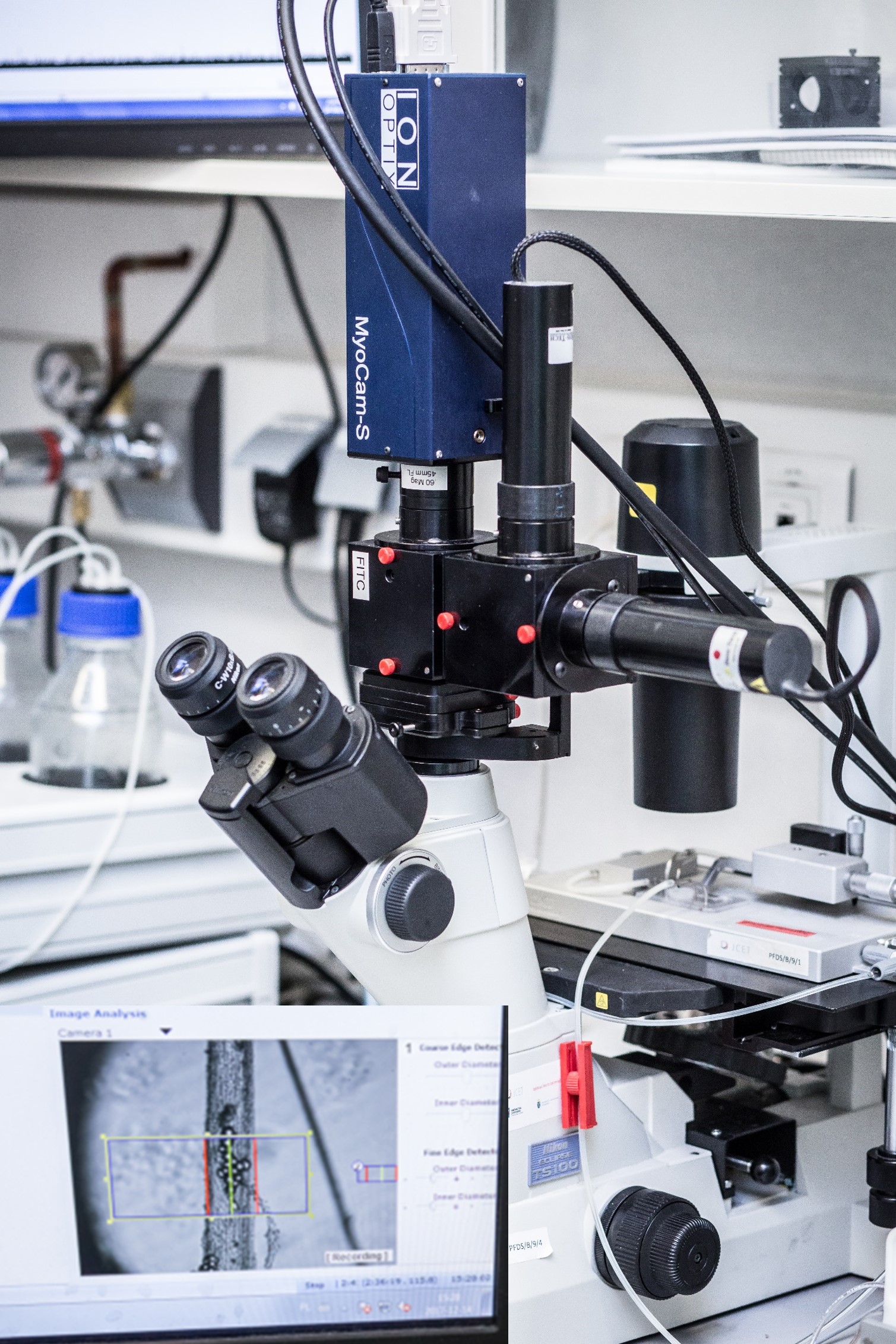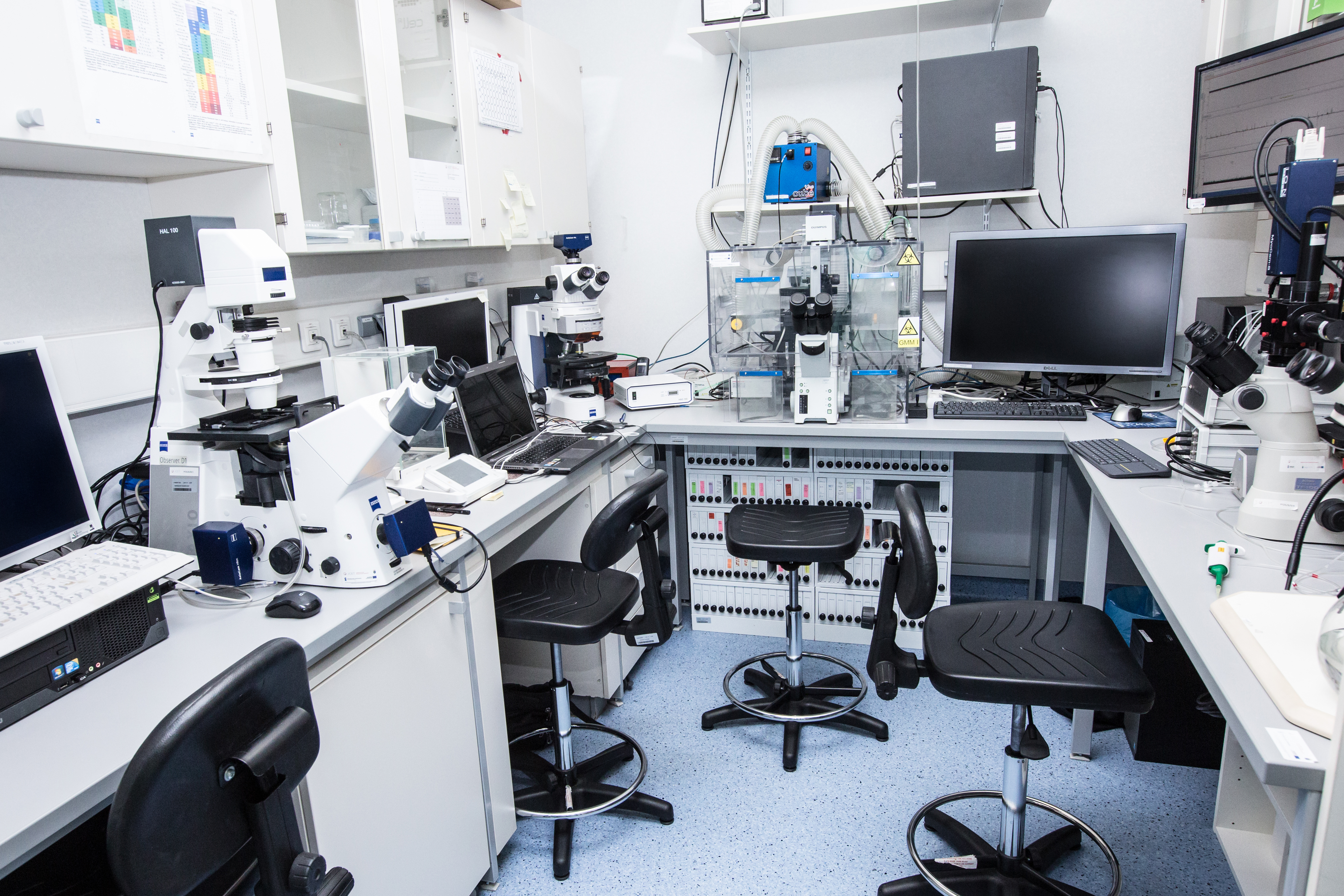
Institute: JCET
Research topic:
Metabolic reprogramming in age-dependent endothelial dysfunction and vascular stiffness; novel mechanism of “inflamm-ageing”
Supervisor:
Prof. dr hab. Stefan Chłopicki
Project description:
Chronic, sterile, low-grade inflammation observed in older organism that have been recently named “inflamm-ageing”, results in accelerated development of endothelial dysfunction and large arteries stiffness and can be associated with alterations in vascular mitochondrial function [1, 2]. Systemic endothelial dysfunction and increased stiffness of large arteries, can be measured in clinical conditions, and predict morbidity and mortality of cardiovascular diseases. Accordingly, the improvement in endothelial function and artery stiffness can have therapeutic effects. However, mechanisms involved in inflamm-ageing are not clear.
We hypothesize that accelerated age-dependent dysfunctional vasculature in E3L.CETP mice with humanized dyslipidaemia and in some other unique animal models might be explained by vascular metabolic reprogramming that could contribute to vascular inflamm-ageing and subsequently to persistent vascular inflammation, to endothelial dysfunction and arterial stiffness. We aim to characterize metabolic signature of inflamm-ageing in murine models, and in particular to define the mechanisms and importance of metabolic reprogramming in the development of age-dependent endothelial dysfunction in large arteries and in coronary microcirculation, as well as in arterial stiffness. This project will be based on interdisciplinary, state-of-the art methodologies including e.g.; Magnetic Resonance Imaging – MRI to assess endothelial function in vivo in mice, vascular preparations ex vivo, as well as microfluidic device to characterize in vitro primary endothelial cells isolated from mice. Targeted and non-targeted metabolomics will be used to define metabolic pathways of dysfunctional endothelium and vascular wall. The research is carried out in the frame of MAESTRO grant and international collaboration.
[1] Liberale L, Montecucco F, Tardif JC, Libby P, & Camici GG (2020). Inflamm-ageing: the role of inflammation in age-dependent cardiovascular disease. Eur Heart J 41, 2974-2982.
[2] Tyrrell DJ, Blin MG, Song J, Wood SC, & Goldstein DR (2020). Aging Impairs Mitochondrial Function and Mitophagy and Elevates Interleukin 6 Within the Cerebral Vasculature. J Am Heart Assoc 9, e017820.



